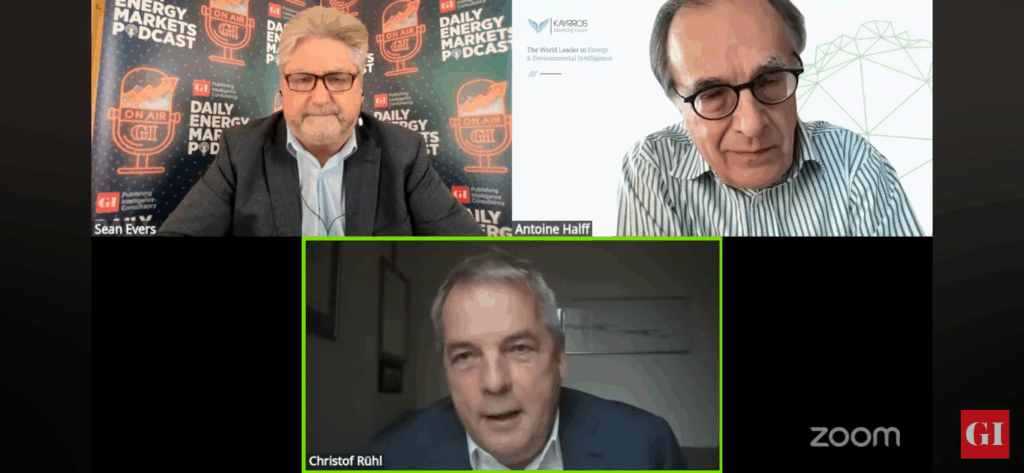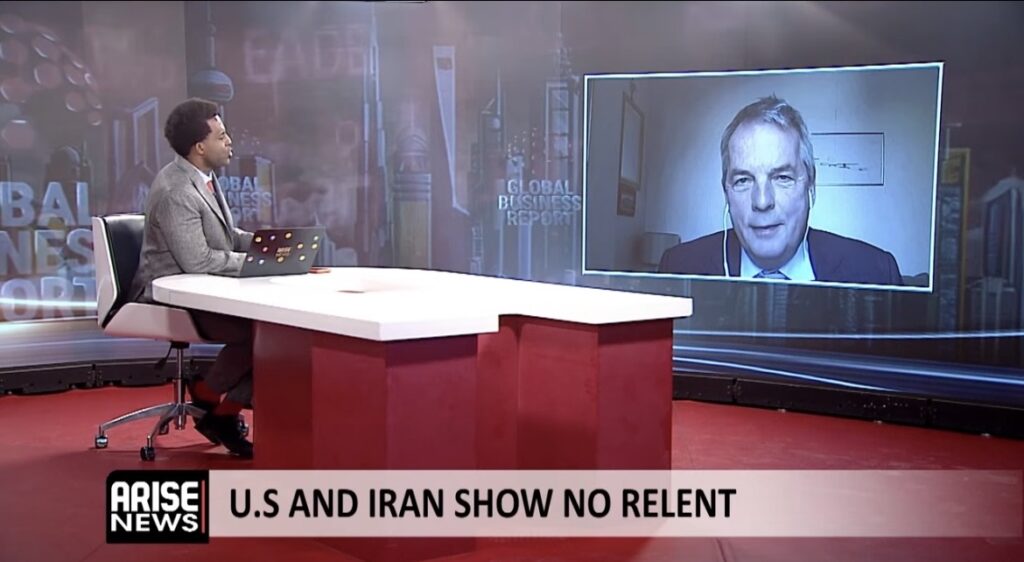In this commentary to the Gulf Intelligence, Christof Rühl, Global Advisor at Crystol Energy, examines the growing fragility of global trade and energy markets amid policy shifts in the U.S. and beyond.
According to Christof, global energy markets are entering a period of structural volatility driven by conflict, fragmentation, and competing security priorities. The wars in Gaza and Ukraine have turned energy assets into active theatres of geopolitical contest, with Western intelligence directly supporting strikes on Russian energy infrastructure. This marks the normalization of “energy warfare” as a strategic instrument — one that will redefine Europe’s long-term supply security and accelerate the diversification of trade corridors and logistics routes. Emerging economies, meanwhile, are recalibrating for resilience. Energy alliances are becoming more regional and less rules-based, signaling a shift away from global interdependence toward strategic self-sufficiency.
He also highlighted that a renewed U.S.–China trade confrontation — this time centered on AI-critical minerals — exposes the fragility of globalization’s foundations. For the first time, China has taken the offensive in a trade dispute, weaponizing its dominance in essential inputs for digital and green technologies. The result is a splintering of global value chains that could erode efficiency, depress trade growth, and slow the decarbonization process. At the same time, record fiscal deficits and mounting sovereign debt across the West pose a deeper systemic threat. Deleveraging pressures will inevitably constrain consumption, investment, and credit availability, dampening global energy demand. Adding to this instability is a crisis of credibility in U.S. economic data. Political interference in statistical agencies has begun to undermine market trust in official indicators — a dangerous development in a system that depends on transparent signals for forecasting, hedging, and capital allocation.
Despite these headwinds, oil supply remains ample. OPEC+ continues to expand production despite suboptimal prices, prioritizing market share over fiscal equilibrium in anticipation of plateauing demand. U.S. shale — the world’s most flexible swing producer — remains capable of rapid output rebounds, ensuring the system remains oversupplied for the near term. This paradox of abundance amid instability will define the next phase of energy markets. As fiscal fragility, data mistrust, and geopolitical rivalry converge, energy policy will require a sharper focus on transparency, diversification, and coordinated crisis management to prevent today’s volatility from evolving into tomorrow’s systemic shock.
Christof was joined by Antoine Halff, Chief Analyst at Kayrros. Sean Evers from the Gulf Intelligence moderated the discussion.
Related Analysis
“Oil markets face uncertainty amid changing geopolitics” Dr Carole Nakhle, Feb 2025
Related Comments
“Oil rises after Trump announces tariffs on Canada“, Dr Carole Nakhle, Feb 2025









